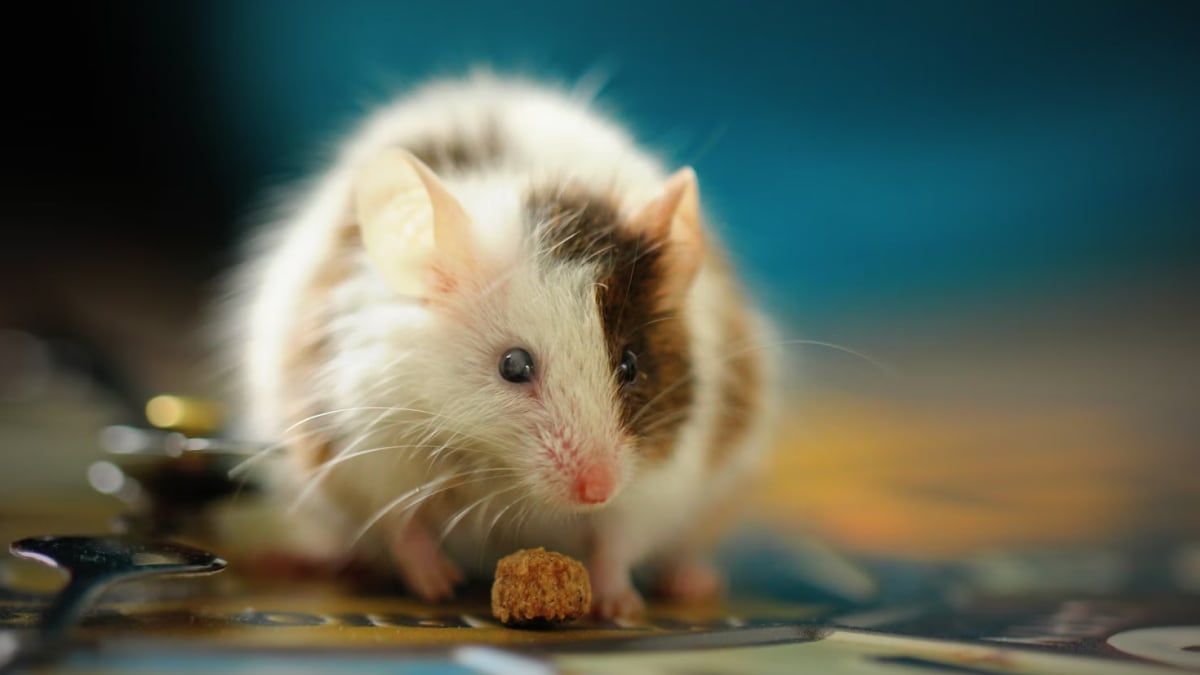
Want to read Slashdot from your mobile device? Point it at m.slashdot.org and keep reading!
Posted by msmash from the science-not-on-your-side dept.
Have you ever been in a high-stakes situation in which you needed to perform but completely bombed? You’re not alone. Experiments in monkeys reveal that ‘choking’ under pressure is linked to a drop in activity in the neurons that prepare for movement. Nature: “You see it across the board, you see it in sports, in all kinds of different sports and outside of sports as well.” says Steven Chase, a neuroscientist at Carnegie Mellon University in Pittsburgh, Pennsylvania. Chase and his colleagues investigated what happens in the brain that causes performance to plummet, and published their findings in Neuron on 12 September.
Choking under pressure is not unique to humans. In the same way that a tennis player might miss a match-winning shot, monkeys can also underperform in high-reward situations. The team set up a computer task in which rhesus monkeys received a reward after quickly and accurately moving a cursor over a target. Each trial gave the monkeys cues as to whether the reward would be small, medium-sized, large or ‘jackpot’. Jackpot rewards were rare and unusually big, creating a high-stakes, high-reward situation. Using a tiny, electrode-covered chip implanted into the monkeys’ brains, the team watched how neuronal activity changed between reward scenarios. The chip was situated on the motor cortex, an area of the frontal lobe that controls movement.
The researchers found that, in jackpot scenarios, the activity of neurons associated with motor preparation decreased. Motor preparation is the brain’s way of making calculations about how to complete a movement — similar to lining up an arrow on a target before unleashing it. The drop in motor preparation meant that the monkey’s brains were underprepared, and so they underperformed. The results “help us understand how reward-outcome-mediated behaviour is not linear,” says Bita Moghaddam, a behavioural neuroscientist at Oregon Health & Science University in Portland. To a certain extent, “you just don’t perform better as the reward increases,” Moghaddam says. It would also be interesting to see how other brain regions respond in jackpot-reward situations, she adds, because multiple regions could be involved.
No line available at 300 baud.
Working…



